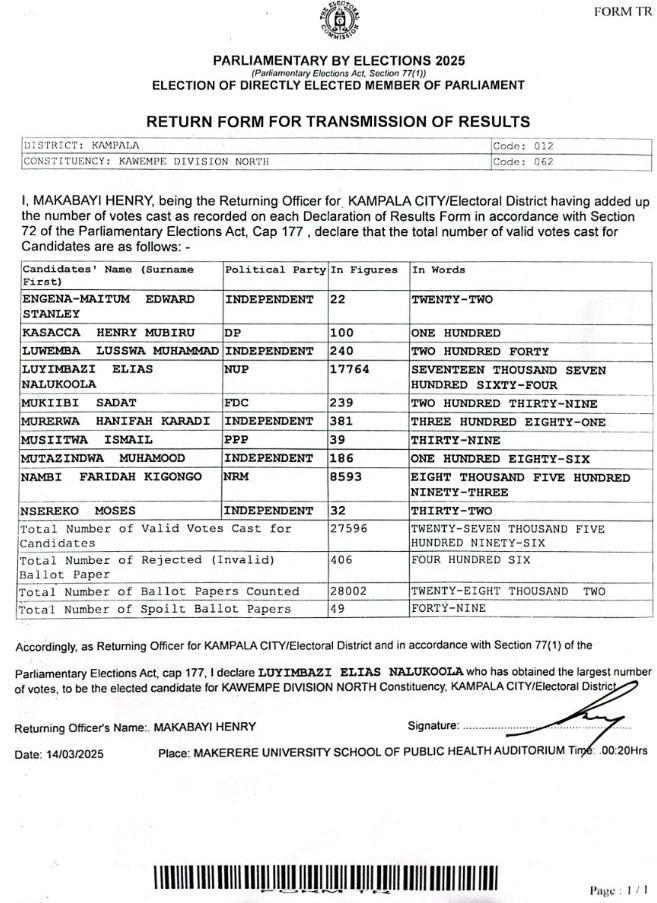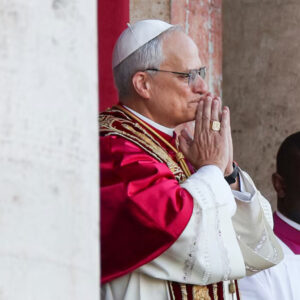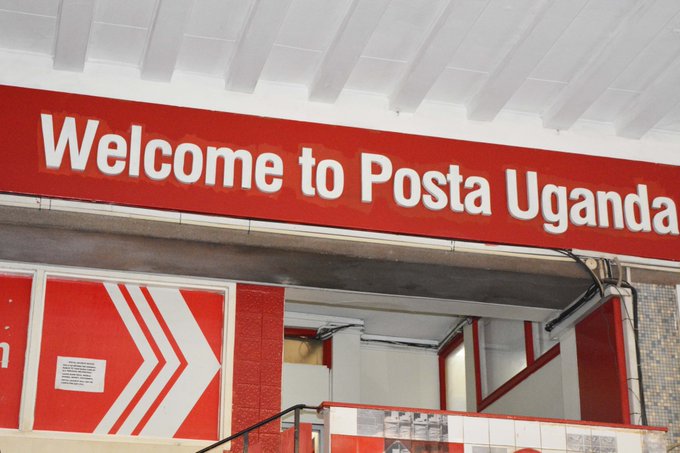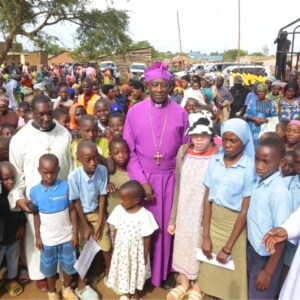Kampala, Uganda – The National Unity Platform (NUP) has secured the Kawempe North parliamentary seat in a by-election held on March 13, 2025. NUP’s Elias Luyimbazi Nalukoola won with 17,764 votes, defeating the National Resistance Movement’s (NRM) Faridah Nambi Kigongo, who received 8,593 votes, according to the official tally by Returning Officer Makabayi Henry at Makerere University School of Public Health Auditorium. The Electoral Commission announced the results at 00:20 hrs on March 14, declaring Nalukoola the winner with a 9,171-vote margin. This victory reinforces NUP’s dominance in Kawempe North, a stronghold since 2021, following the death of former MP Muhammad Ssegirinya in January 2025. However, allegations of irregularities, violence, and a low voter turnout have cast a shadow over the win.

Ten candidates competed in the by-election for the directly elected Member of Parliament for Kawempe Division North, Kampala City. The lineup included Elias Luyimbazi Nalukoola (NUP) with 17,764 votes, Faridah Nambi Kigongo (NRM) with 8,593 votes, Sadat Mukiibi (FDC) with 239 votes, Lusswa Mohammed Luyimbazi (Independent) with 240 votes, Hanifah Karadi Murerwa (Independent) with 381 votes, Muhamood Mutazindwa (Independent) with 186 votes, Edward Engena-Maitum Stanley (Independent) with 22 votes, Henry Mubiru Kiracca (DP) with 100 votes, and Ashiraf Mukiibi (Independent) with 42 votes. The total number of valid votes cast was 27,596, with 406 invalid votes, out of 28,002 ballot papers counted, and 49 spoilt papers. NUP leaders called it a “bittersweet victory,” celebrating the mandate but noting campaign challenges like power blackouts and clashes with security forces. We reported yesterday about the journalist arrests and assaults during the election period.
Voter turnout was notably poor, with only 27,596 valid votes cast out of 199,341 registered voters, equating to a turnout of just 13.8%. This low participation was overshadowed by a significant increase in voter numbers, which rose by 35,289 since the 2021 elections, prompting NUP to raise concerns over potential voter roll manipulation. The Electoral Commission attributed the surge to natural growth, but this has fueled calls for electoral reform. NUP’s urban dominance signals its appeal to younger voters ahead of the 2026 general elections. Meanwhile, NRM’s silence post-election, despite President Museveni’s active campaigning, suggests a need for strategic rethinking in opposition-leaning areas.
FDC criticized the process, labeling it evidence of a “regime under siege,” a sentiment tied to their weak performance. New Vision and Daily Monitor highlighted both parties’ pre-election confidence, while Nile Post noted Kawempe’s Muslim-majority demographic influence. Parliament condemned security force excesses, supporting opposition claims of a militarized election. NUP celebrated the win as a “revolution,” with Nalukoola thanking supporters for seeking change. The Electoral Commission defended the vote’s fairness, despite the low turnout and reported issues.
As Kawempe North welcomes Nalukoola, the by-election serves as both a triumph and a warning. For NUP, it’s a step toward challenging NRM’s decades-long rule. Yet, the low turnout and electoral fragility pose challenges for 2026. Whether this victory unites or divides the opposition remains uncertain. Kawempe North continues to be a battleground of resilience.







